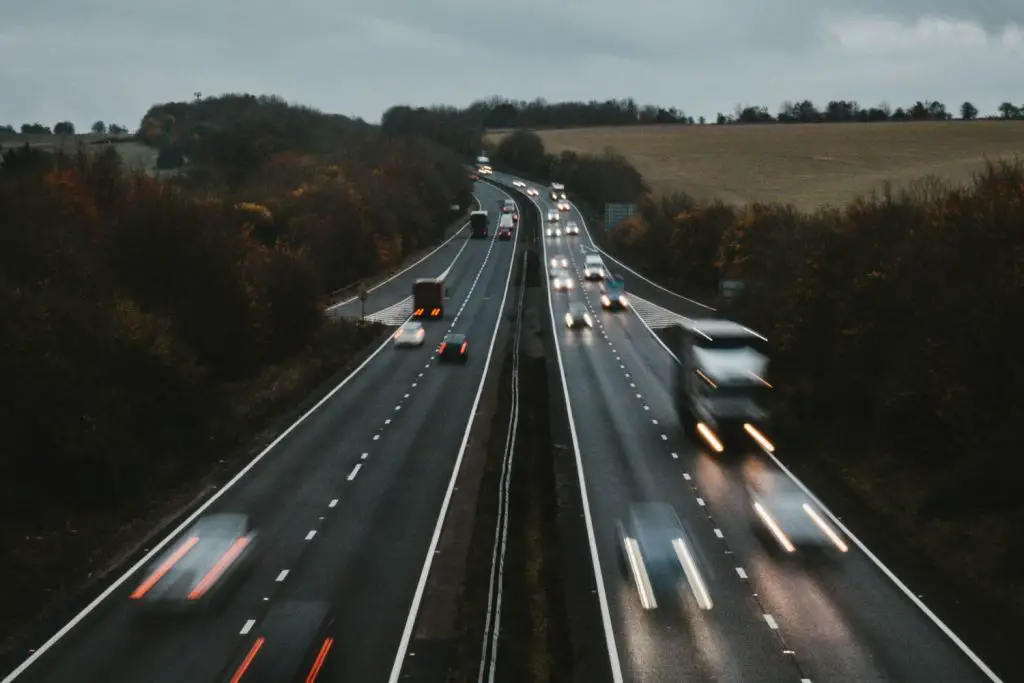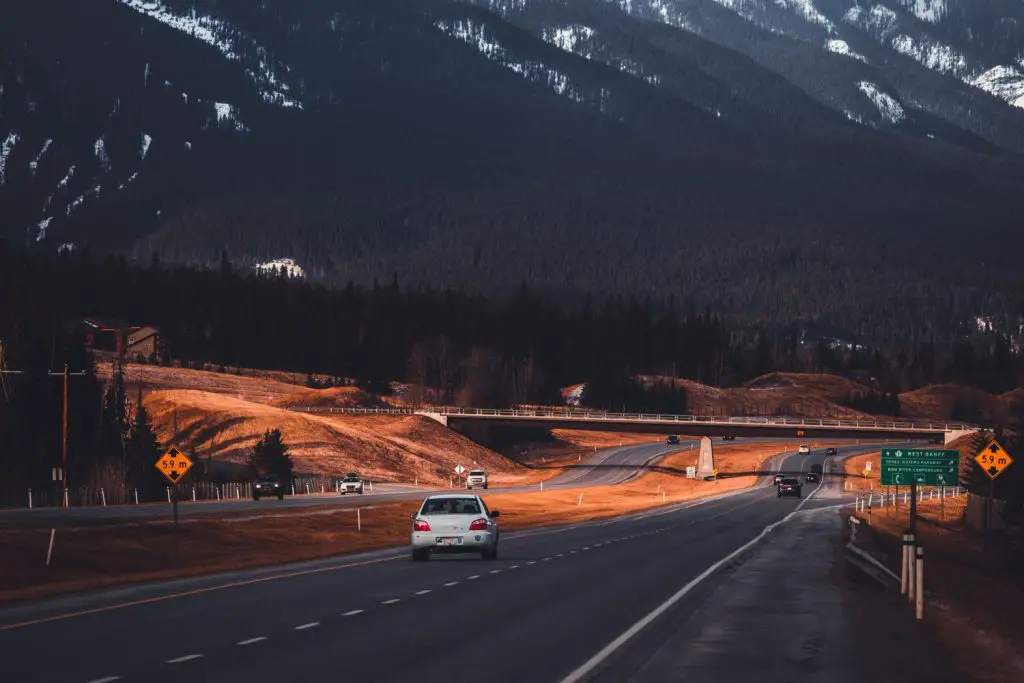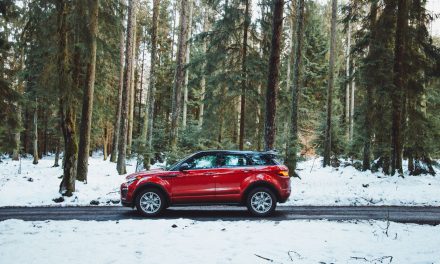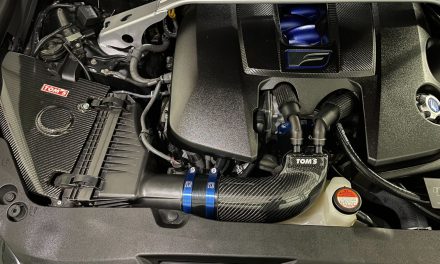You will notice that most cars, trucks, and SUVs are marketed with three different gas mileage estimates. The first is generally a city, the second is a highway rating, and of course the combined gas mileage. One of the strange things, is that the highway gas mileage is always significantly higher than the city, so why is that?
That is what this article is about! Today we are going to talk about how your overdrive gear, the lack of idling, less energy being used to accelerate, and more go into creating a higher highway fuel efficiency than the city.

1. You are driving in a cruising gear
Every automatic, or manual transmission vehicle has quite a few gears. The higher gear you are in, the faster you generally are going. However, once you are at cruising speed, the vehicle will automatically (or you will manually change it in a standard transmission) to the highest gear it will allow.
This higher gear allows for your engine to run at much lower RPMs and uses less gas because of that. When you are at highway speeds, you generally are not fluctuating speed very much, so your vehicle can operate at this lower revolution per minute for a longer period.
2. Less variation in power
As we mentioned in the previous section, variations in your speed mean staying in lower gears, and higher RPMs to accommodate that. It is difficult to pass, and accelerate quickly and more in a higher gear and lower RPMs, so shifting down is needed during these times.
Because of this, your engine is having to work harder, using more gas in the process.
3. You aren’t idling at stoplights
When you are idling, whether it be at stoplights, or even in your driveway, you are using gas. Because you are using gas, but not moving, you are essentially getting 0mpg, which is about as bad as it gets.
When you are cruising at 55mph down the freeway, you are getting around the best gas mileage your vehicle can get, and because you are moving quickly, you aren’t losing gas to sitting idly.
This is why you may notice your vehicle is not getting very good gas mileage when you are sitting in traffic. So if you are on empty, and are stuck in traffic, you probably should think about pulling off to a gas station to get that fixed, as it is quite difficult to tell how far you are going to be able to get at that pace.
4. Less energy to maintain speed, than accelerate
It should be intuitive that it takes more gas to speed up a car from a stop than it does to maintain speed. It is the same concept as a rollercoaster.
The first big hill requires quite a bit of energy to get over, but once you are at the top, it takes significantly less energy to keep going down the hill, the same rule applies with a vehicle and gas.
The amount of gas required to maintain speed is relatively constant and does not change too much with small variations in speed.
However, when you are accelerating from a stop, the gas mileage plummets because so much more gas is being used during this time to get the mass of the vehicle back up to speed.
So if you want to maximize your gas mileage, it is important to try and avoid sudden stops and starts as much as you can.

What highway speed gives the best gas mileage?
The number for gas mileage generally seems to be 55mph. At this speed, you are going fast enough that you can maintain a good gas mileage, but not so fast that you are fighting against too much air hitting the front of your vehicle.
Of course, every vehicle is different, and one may get the best gas mileage at 55mph, while another may get better gas mileage at 65mph. It all depends on the car you are driving.
To find out what speeds your vehicle gets the best gas mileage, it is important to do some testing on your own. Start with a baseline number, such as 55mph, and then experiment with higher and lower speeds to see if you can find a gas mileage sweet spot for your car.
Is 70mph fuel-efficient?
70mph is not fuel-efficient. This is because you are starting to fight against air resistance, which means your engine has to work harder and use more gas to maintain speed.
While 70mph may not be the most fuel-efficient speed, it is still much better than stop-and-go traffic, or idling in your driveway. So if you are on the highway and need to get somewhere quickly, 70mph is still a good option.
How can you help your car get better gas mileage on the highway?
There are a few things you can do to help your car get better gas mileage on the highway:
- Make sure your tires are properly inflated. This will help reduce rolling resistance and improve gas mileage.
- Experiment with different speeds. As mentioned before, every car is different and may get better gas mileage at different speeds. So it is important to experiment to find the gas mileage sweet spot for your car.
- Drive smoothly. This means avoiding quick acceleration and braking. If you can drive smoothly, you will use less gas overall and improve your gas mileage.
- Do all maintenance on your vehicle. This includes things like oil changes, tune-ups, and tire rotations. By keeping your car in good condition, you will improve gas mileage.
- Don’t weave in and out of traffic. This will use more gas because you will have to accelerate more often. If you can stay in one lane and maintain a steady speed, you will improve gas mileage.
Conclusion
We hope that this article has helped give some intuition as to why highway gas mileage is better than city gas mileage.
Next time you are looking at a car, and it says 32 mpg highway, and 23 mpg city, you can rest assured knowing that there is a reason for that! It isn’t just because the manufacturer is trying to give you a false number.





